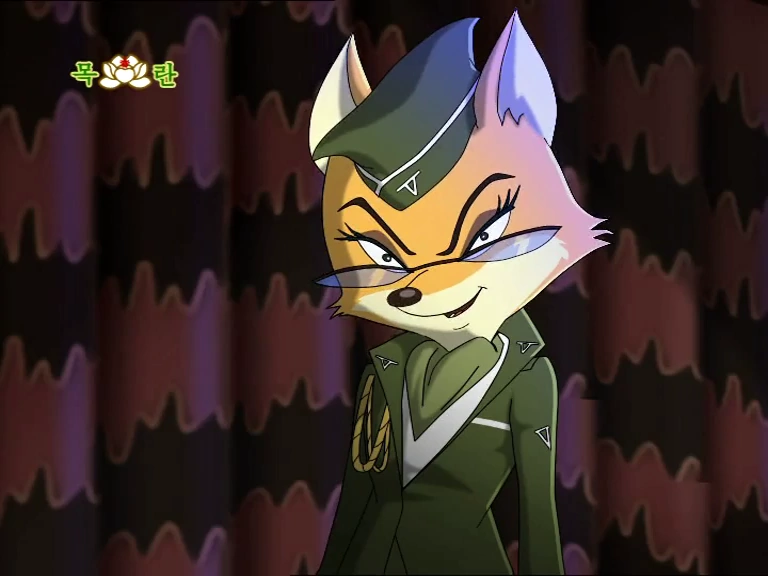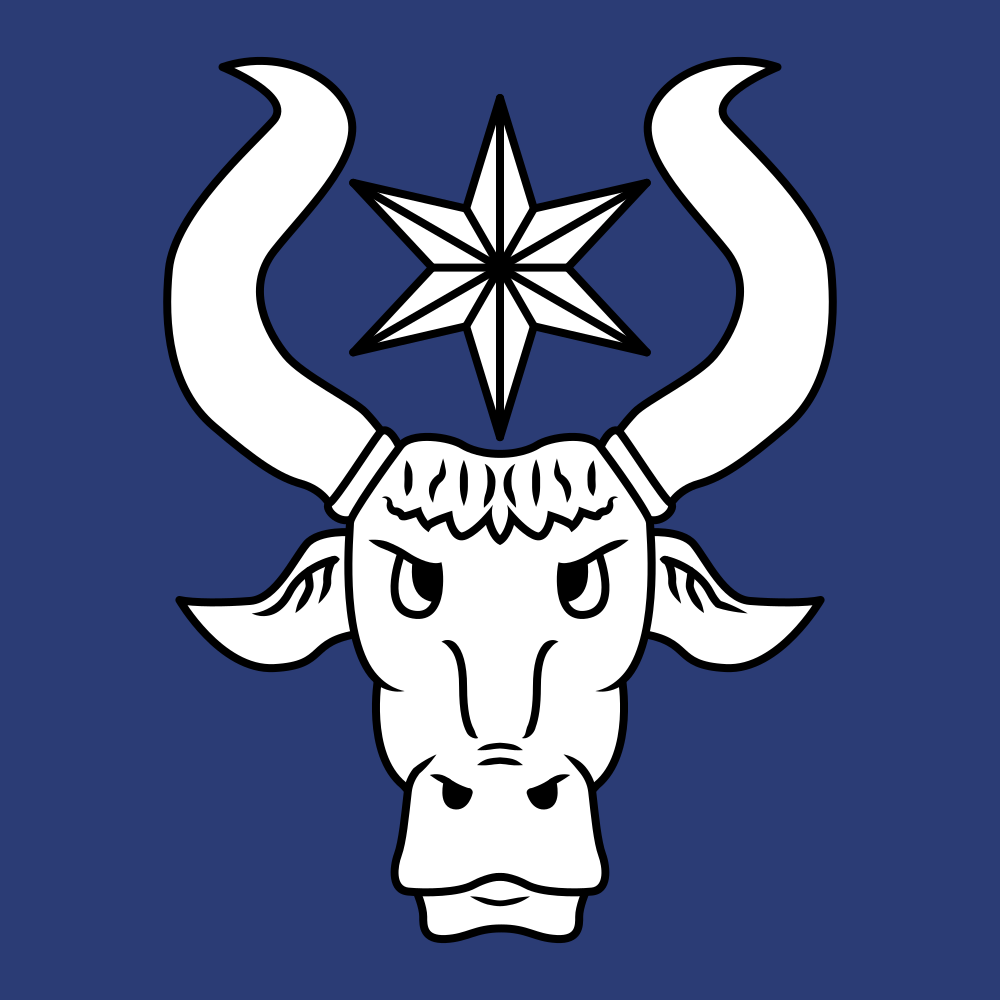Hmm.
There’s a theory that, at one time, “man” was a gender neutral term for persons and we called males “weremen” and obviously women “women”
That probably isn’t true, but it’s fun to think about a world where that was reversed.
EDIT Also evidently there was wifmann and wapman, which is an even funnier world to imagine.
“Were” is cognate to Latin vir ‘man’—cf. “werewolf” (‘man-wolf’).
“Woman” comes from a compound meaning “woman-person” (wif-mæn, cf. “wife”); a man was a wæpned-mæn (“weapon-person” or “penis-person”). The lexical narrowing of “man” to mean ‘male’ happened later, and it was indeed originally a gender-neutral term.
penis-person
I can’t read that without thinking of “Democracy Manifest”
Blame the Anglo-Saxons for that one. It was their idea.
According to this, whether or not it is real:
And we also see wæpman being specifically to refer to a man in relation to penetrative sex.
Not what you asked for, but Welsh has irregular plurals for adults and children, too:
Adult: oedolyn
Adults: oedolionChild: plentyn
Children: plant(Still learning, so I’m not too sure why or how)
Always knew Wales was essentially living in a different dimension… 🤔 (lol, thanks for the tidbit!)
The Welsh alphabet is beautiful. Nuts from a perspective of both Continental and British traditions, but I am extremely fond of it.
One of the best shower thoughts i’ve seen! 💖
yesn’t
They’re cute until the terrible fourty twos.
Now this is a shower thought.
I’ve met some sweet southerners that already call children “childs.”
Certified shower thought
“en” used to be the plural before “s”. Think “oxen” for example.
“Irwin, what is the plural of ox?”
— “Oxen! The farmer used his oxen!”
“Brian, what is the plural of box?”
— “Boxen. I bought two boxen of donuts.”
“Irwin, what is the plural of goose?”
— “Geese! I saw a flock of geese!”
“Brian, what is the plural of moose?”
— “MOOSEN!”
You make the joke, but people do use boxen as a jargonistic plural for box in computing circles (“Linux boxen”).
Boxen is also the plural for box in the german language.
Wow, I had no idea! That’s awesome.
Kind of had a delayed realization—your bit above also demonstrates the time depth and origins of English terms. “Goose” has an umlauted plural “geese” because it is a native word, descended from Common Germanic; “moose” is a borrowing from a Native American language (which one escapes me at the moment, sorry), so the umlaut—which is now much more highly marked in English, where the default plural is by far -s—was not applied to it.






